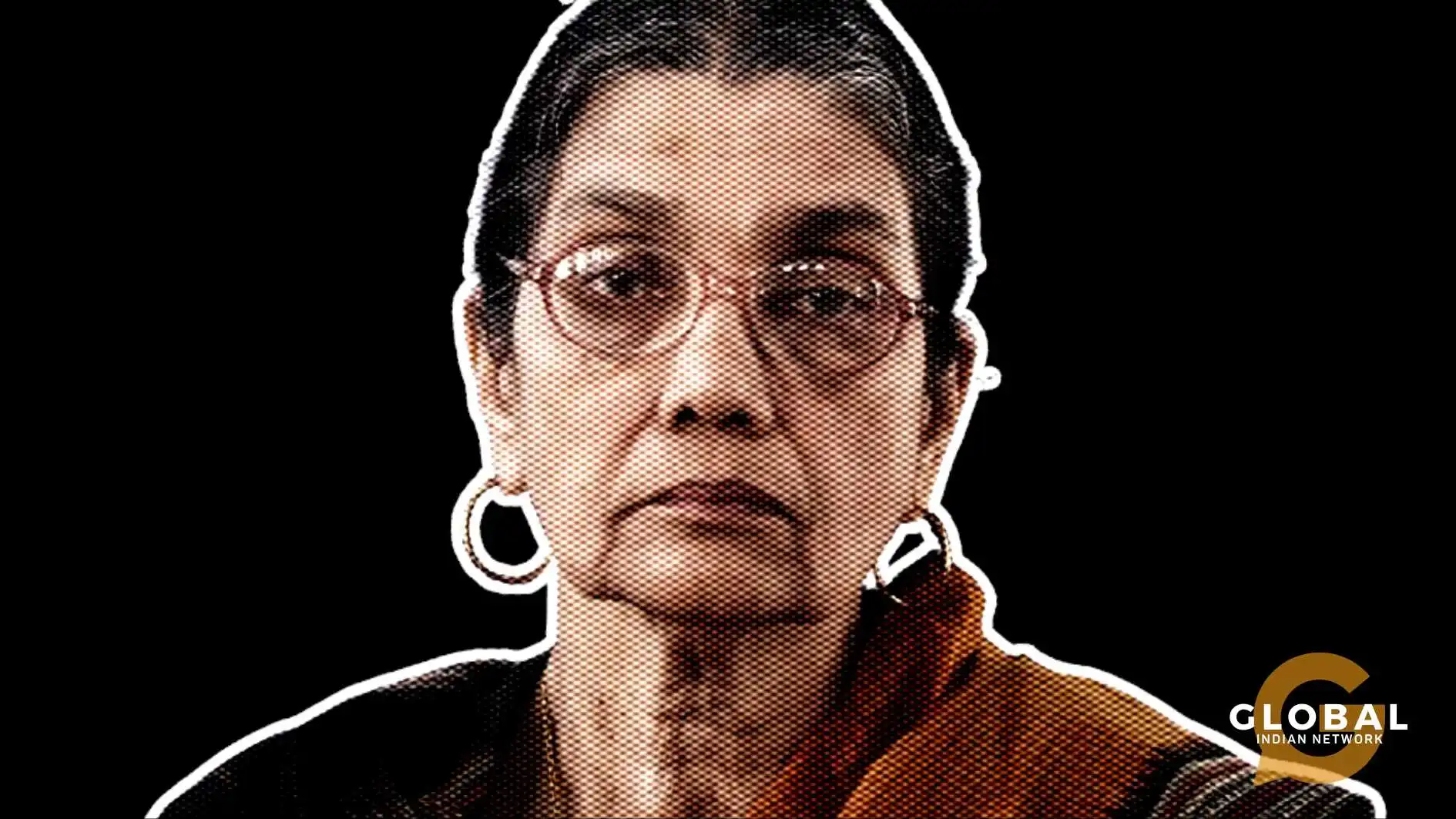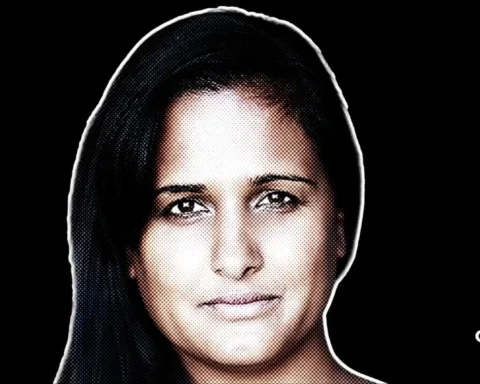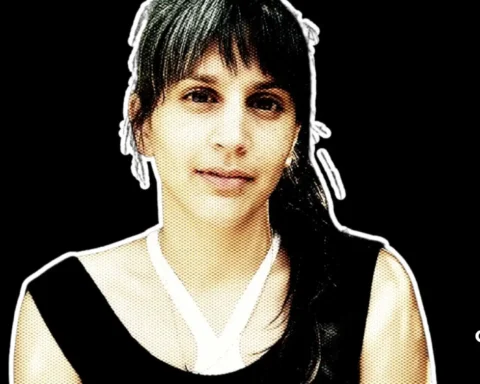Sara Abubakar was an innovative author and feminist critic whose literature has left a lasting impression on Indian literature and Kannada literature in particular. Her novels and stories, being so grounded in the sufferings of the Muslim women in India, appeal way beyond the borders of the region. Sensitive narrating and fearless questioning made Sara Abubakar stand out in society by shaping new norms and unchaining the women who wanted justice and equity. This blog discusses the reasons why the books written by Sara Abubakar remain inspirational to readers across the world, and how this writer can be remembered as an influential author, social commentator, and supporter of women’s rights.
Table of Contents
Early Life and Literary Beginnings
Sara Abubakar was born in the district of Kasargod in the state of Kerala to a very conservative Malayali Muslim family. Nevertheless, she was amazingly the first woman in her family to finish school and go to college, considerable achievements that influenced her views as later documented in her works. Her initial education was in Malayalam, but she turned out to be a powerful Kannada writer and wrote in a language that was not native to her community.
She did not make her entry into literature easily. Sara Abubakar was not allowed to enjoy many liberties related to getting an education and living in public life after an early marriage. Nevertheless, her willpower allowed her to find literary communities and slowly find her voice. Her debut novel, Chandragiriya Teeradalli, was serialized in the well-known Kannada weekly Lankesh Patrike, which first brought her to public attention. The subtle way in which the life of Muslim women was highlighted in the book, including the oppressive act of triple talaq, made it widely acclaimed and controversial.
Sara Abubakar’s Impactful Literature
The novels and short stories by Sara Abubakar usually address the issue of gender, religion, and cultural tradition. Her writings are considered to have a voice of the Muslim women who face patriarchy, social constraints, and identity crisis in India. Books such as Sahana, Panjara, and Kadana Virama are praised for being truthful and sensitive in their approach to these topics.
Both critics and readers acknowledge her ability to create complicated characters that manage to maneuver their way through the problems religion and tradition create without being moralistic. This is especially observed in literary reviews like the feminist narrative analysis of her novel, Breaking Ties, where it is seen that she has a hand in the foreground of women’s autonomy and resistance.

Celebrated Feminist and Social Commentator
Sara Abubakar was a social commentator in addition to being a novelist. In her works, she is bold enough to challenge the socially acceptable, particularly the gender roles imposed by the conservative religious and cultural structures. This was her contribution to Muslim women in the characterization of Muslims in Kannada literature and Indian feminist discourse.
Sara Abubakar was no ordinary writer who wrote to entertain. She wrote to spread the message of justice, equality, and reform as mentioned in the obituary and tribute by The South First. Her works do not lose their relevance when the topic of women’s rights and minority voices is still continuously developing in India and everywhere in the world.
Recognition and Awards
Sara Abubakar was given a lot of awards during her glorious career. Among them are the Karnataka Sahitya Akademi Award and the most valued Nrupathunga Award, which was given to her work in recognition of literary and social significance. She was also conferred honorary degrees in Kannada literature and feminism.
She was not only a leader of writing, but she also managed the Karavali Lekakiyaru Mathu Vachakiyara Sangha of supporting upcoming women writers of the Kannada language. Such articles as those in the New Indian Express rave about her as an early pioneer, teaching others by the score and challenging the conservative literary standards.
Enduring Legacy of Sara Abubakar
The key to the power of the legacy of Sara Abubakar is that she managed to unite literary art and social responsibility. Her writings do not just represent a reflection of the dilemmas of Muslim women in India but serve to be a wake-up call to society to change.
Her life and work have inspired modern writers and activists through the emphasis that the tribute to the Global Indian places on how literature can challenge society with its most fundamental contradictions and advocate progressive change as inclusive as possible.
The books of Sara Abubakar are a lasting piece of work that gives a sense of empathy, understanding, and inspiration to other readers to face their challenges and find the courage to move on.
Why Sara Abubakar’s Voice Continues to Inspire
The voice of Sara Abubakar continues to shine in the history of Indian literature and social discourse since her voice is true to the sufferings and endurance of the poor and the marginalized women. Her bold challenge to patriarchy, identity, and justice shattered her cultural taboos and ignited a voice about key issues that remain relevant in current times.
Her subtle storytelling, her loyalty to unheard voices, her spirit of resistance to inequality, and her giving a voice to the voiceless not only enrich the Kannada literature but also set an example to other generations to become the voices of the voiceless. Her legacy survives now, not only as a writer but as an agent of empathy, bravery, and transformation, as her works are discovered and revisited by readers around the world.

FAQs
Who is Sara Abubakar?
Sara Abubakar was an innovative Kannada novelist and a feminist novelist, whose writing drew courageous attention to the concerns of Muslim women and social justice.
What are some famous books written by Sara Abubakar?
Chandragiriya Teeradalli, Sahana, Panjara, and Kadana Virama are her remarkable works, which are based on gender, identity, and social inequality.
Why is Sara Abubakar considered a feminist voice in Indian literature?
Sara Abubakar can be discussed as a feminist voice since her novels dared to speak about the problems of women in the patriarchal and religiously conservative world and have caused change through narratives.









